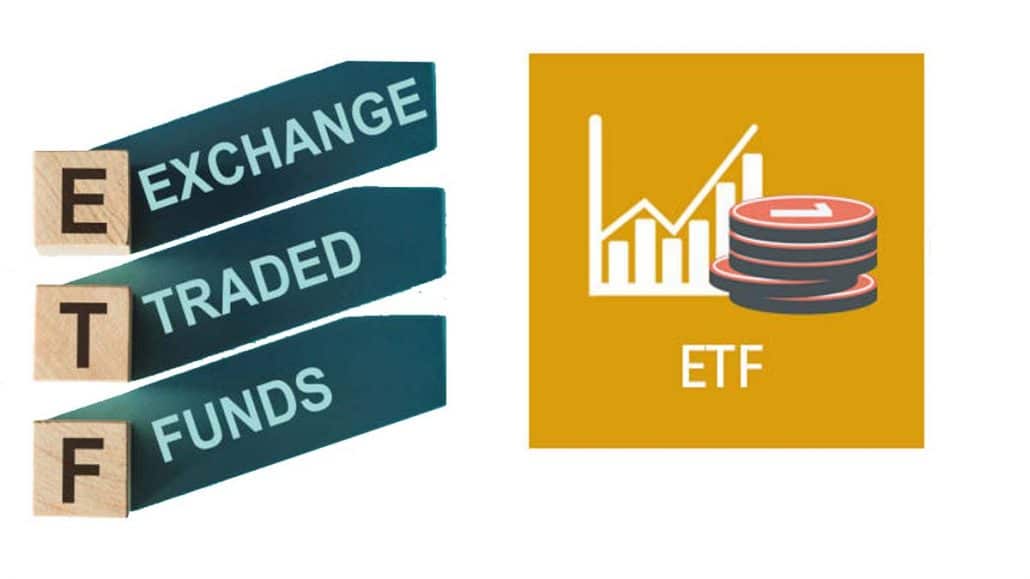What is ETF
ETF fully known as Exchange Traded Funds serves as a type of investment fund that provides investors with the most suitable accredit of two popular assets. In other words, EFT can be defined as a form of trading funds that allows you to trade funds on an exchange such as stock. This might it can be bought as well as sold in that particular day. Usually, ETFs come with lower fees compared to other types of finds. There are different sets of levels of risk involved in ETFs, but all depends on the type.

Keep in mind, just like any other financial product, you can’t count on EFTs as a one-size-fits-all solution. Therefore, you’ll need to evaluate them based on merits such as management costs and commission fees. Likewise, you need to determine if it easier to buy or sell them and their investment quality.
How Does EFTs Work?
The way EFTs works is very simple. The process works like this, having an underlying asset, as the fund provider, you’ll need to create a fund where you can create your performance. Afterward, you can sell shares within that fund to whoever investor you want to sell it to. Note that shareholders have the right to a portion of an EFT, but not underlying assets in the fund.
Initially, the use of ETFs is to monitor the performance of your underlying asset or index whether it is a commodity such as gold or a huge stock like S&P 500. They make use of the market-determined prices which is quite different from that asset to trade.
Types of EFTs
Most time, ETFs appear as stock trading, but on the other side of wall street it looks like mutual funds and index funds. This differs hugely based on certain factors that include underlying assets and investment goals. Here is the following step of EFTs
- Stock ETFs: this includes stocks which are suitable for long-term growth.
- Commodity ETFs: commodities ETF comprises of natural goods you can purchase or sell that includes gold, coffer, and crude oil.
- Bond ETFs: this is different from individual bonds, bond ETF comes with no maturity date. The main usefulness of bond EFTS serves as a way to generate regular cash payment to the investor.
- International ETFs: if you’re looking to build a diverse portfolio, international EFT is the greatly recommended because it serves as a foreign stock.
- Sector ETF: in the U.S stock market, there are 11 sectors and each of the sector is comprises of companies that operate within the sectors. Therefore, providing you can suitable to invest in a specific company that includes sectors like health care and more.
How to Invest in ETFs
There are various ways in which one can invest in ETF, but this all boils down to your preference. You can go through an online broker also you can make use of robo-advisors to invest in EFTs.

